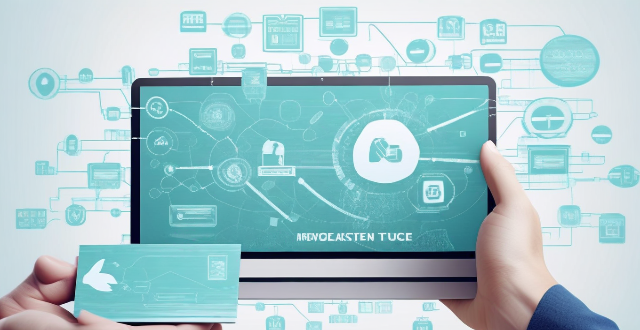The text discusses the differences between Android and iOS smartphones, including operating system, user interface, app store, hardware options, updates, security, and ecosystem. Android is an open-source operating system that allows customization and third-party app installation, while iOS is a closed system with strict guidelines for app developers. Android offers more hardware options and a wider range of apps, but also has low-quality or malicious apps. iOS has a consistent look and feel across all devices, a strict review process for apps, and limited hardware options. Updates for Android may vary depending on the device and carrier, while iOS updates are released regularly for all compatible devices. Both have strong security features, but iOS is known for its sandboxing feature. Android smartphones can be used with various devices, while iOS devices work seamlessly with Apple products. The choice between them depends on personal preferences and needs.

Differences between Android and iOS Smartphones
Operating System
Android is an open-source operating system developed by Google. It allows users to customize their device and install apps from third-party sources. On the other hand, iOS is a closed operating system developed by Apple. It has strict guidelines for app developers and does not allow installation of third-party apps.
User Interface
The user interface of Android is customizable, allowing users to change the theme, icon packs, and widgets. In contrast, iOS has a consistent look and feel across all devices, with limited customization options.
App Store
Android has the Google Play Store, which offers a wide range of apps and games. However, it also has a large number of low-quality or malicious apps. iOS has the App Store, which is known for its strict review process, ensuring that only high-quality apps are available.
Hardware Options
Android smartphones come in various shapes, sizes, and prices. They offer more hardware options such as expandable storage, removable batteries, and different screen sizes. In contrast, iOS smartphones have limited hardware options as they are only available in specific models like iPhone SE, iPhone 11, iPhone 12, etc.
Updates
Android updates are released periodically but may vary depending on the device and carrier. Some devices may not receive updates at all. On the other hand, iOS updates are released regularly and are available for all compatible devices simultaneously.
Security
Both Android and iOS have strong security features. However, iOS is known for its sandboxing feature, which isolates each app's data from others, reducing the risk of malware infection. Android also has security features like Google Play Protect, but it is still susceptible to malware due to its open nature.
Ecosystem
Android smartphones can be used with various devices like smartwatches, fitness bands, and home appliances. However, iOS devices work seamlessly with Apple products like MacBooks, iPads, and Apple Watches.
In conclusion, both Android and iOS smartphones have their advantages and disadvantages. The choice between them depends on personal preferences and needs.